How to fertilize cucumbers?
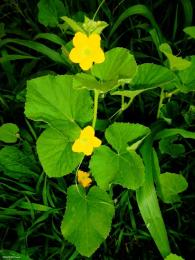
How to fertilize cucumbers to make them beautiful and tasty? This question is asked by every summer resident and gardener. There are a lot of fertilizers, they are different and it is easy to “get lost” in them and, in the end, choose not exactly what you need.
Content:
Cucumber ovaries grow very quickly, they only need a week, so when you remove already ripe cucumbers, you see new strong ovaries that require feeding.
If cucumbers are not fed, they will become “ugly” - they will become crooked and tasteless. However, you should not apply a lot of different fertilizers, because the plants require little but proper feeding.
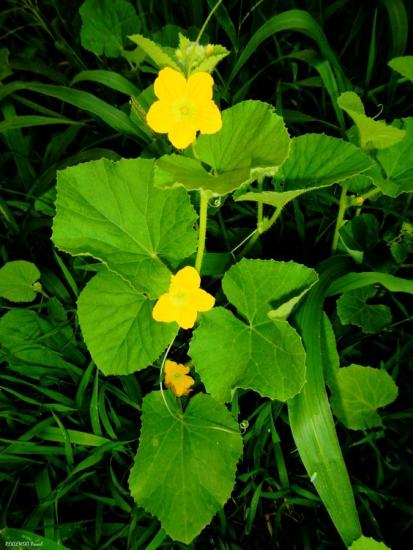
It should also be taken into account that at the beginning of the growing season, the cucumber needs more nitrogen, during the period of loop growth, the cucumber requires more potassium, then during the period of fruiting and the appearance of new growths, more nitrogen is again required.
How to fertilize cucumbers?
- You can use a compost mush; you should add fertilizer once a week per square meter bucket.
- Ash mash is also a good fertilizer option for cucumbers. It should be applied once a week: dissolve a glass of ash in a bucket of water and apply it to two square meters.
- Feeding during different periods of the growing season. During the flowering period: dissolve one teaspoon of urea, potassium sulfate, superphosphate and a glass of mullein in ten liters of water. During the fruiting period it is carried out three times. First: dissolve a tablespoon of nitroammophoska and a glass of chicken manure in ten liters of water and add five liters of the mixture per square meter.The second is carried out 12 days after the first: dissolve a teaspoon of potassium sulfate and 1/2 liter of mullein in ten liters and add five liters per square meter. The third feeding is applied 12 days after the 2nd feeding: a tablespoon of nitroammophoska, a glass of chicken manure or 1/2 liter of mullein is dissolved in ten liters of water, five liters of the mixture are added per square meter.
- If after fruiting the leaves of the plant become rough and prickly, then they should be sprayed with a urea solution: a tablespoon per ten liters of water.
- If the soil is low in nitrogen, the cucumber leaves will turn pale green, then turn yellow and fall off. If there is not enough phosphorus, then the leaves will be dark green with an admixture of purple tint, falling off, the leaves will turn black. A lack of potassium in the soil will lead to the appearance of a pale green border along the edge of the leaves, which will change color to brown, and brown spots will also appear. Weak growth of cucumbers, dying and drooping of the plant indicates a lack of calcium in the soil. Signs of magnesium deficiency will be yellow spots on the leaves, their browning and death. If there is not enough iron in the soil, then the leaves on the tops of the shoots turn yellow, but do not die.
- During the period of ovaries and fruiting, the lack of nutrients can be determined by the shape of the fruit. If the fruit becomes thinner near the stalk and becomes pear-shaped, then there is not enough potassium. It is better to introduce not mineral water, but mash from ash. If the fruit is deformed from the tip, then there is not enough nitrogen. Planting nitrogen-fixing plants such as beans and beans will help here. Constrictions in the middle part of the fruit indicate “burns” of the root system when watered with cold water. In this case, it is necessary to water with settled water in the evening.
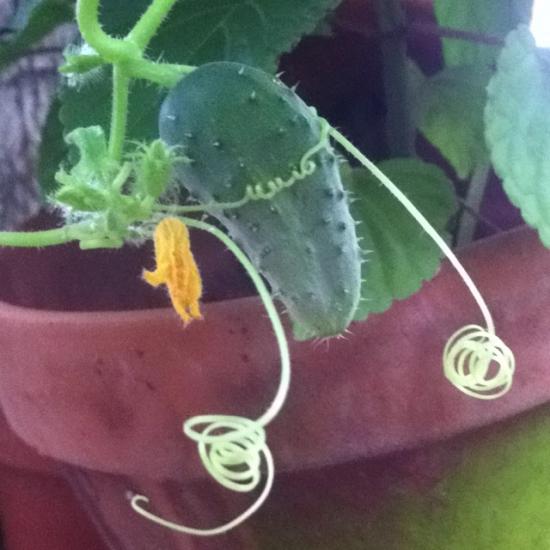
You can also check out with a choice of fertilizers for cucumbers, feeding cucumbers for open ground and greenhouses, pre-landing preparing soil for cucumbers.
Warning
Failure to comply with the doses of applied fertilizers leads to the accumulation of chemical elements in the soil, adversely affects the development of plants and can lead to human poisoning.
- Excess potassium fertilizers affect the ability of plants to absorb nitrogen. The shoots of cucumbers become thinner, the foliage becomes much lighter.
- With excess nitrogen, the stems of cucumbers thicken, greenery grows wildly, and fruit ripening is delayed. The fruits become smaller and nitrates accumulate in them. Cucumber vines become susceptible to fungal diseases. Such a harvest is dangerous, you can get poisoned.
- With an excess of phosphorus, necrotic spots appear on cucumbers. The plant becomes very susceptible to lack of water.
About the principles of natural farming
To avoid the irrational accumulation of chemical elements in the soil, many household plots and farms are switching to so-called natural farming. Preference is given to natural fertilizers that restore soil fertility.
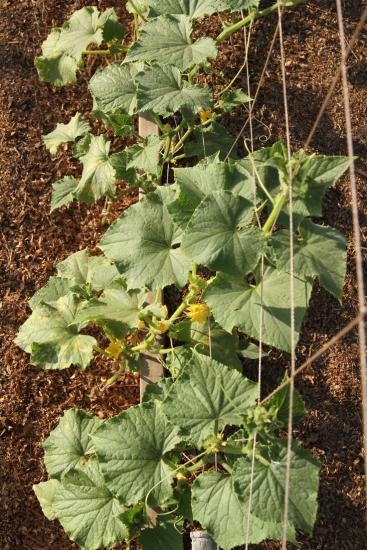
As organic matter decomposes, it stabilizes the microbiological activity of the environment, attracting more and more worms there. Gradually, the humus layer will increase and this will lead to the self-healing of your site. It is believed that the soil can be revived within three years.
Mature compost is used for fertilizers, cucumber plots are replanted with green manure and soil-improving plants, and crop rotation is carefully monitored. You can determine the predecessors of cucumbers Here And Here.
When thinking about the need to apply fertilizers, carefully weigh all the arguments.You don’t really want to get poisoned by your own harvest, do you? Be careful with dosages or improve the environment with organic matter, and you will have healthy and healthy cucumbers every season.

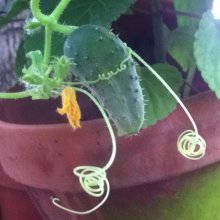
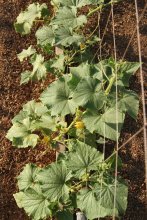
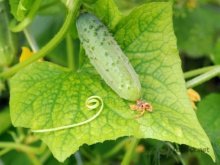
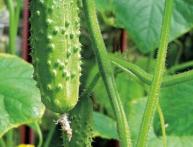
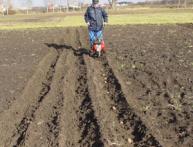
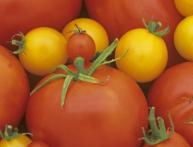
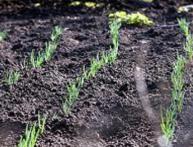
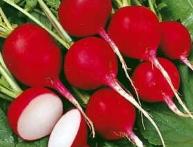
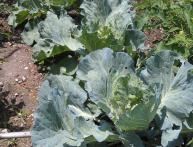
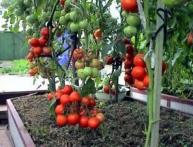

Comments
Thanks for the advice, exactly what I need to know. Only after spraying urea, the leaves became a little pale - is this normal?
Thanks to the author for recommendations on fertilizing cucumbers. I doubted whether it was possible to water it with a superphosphate solution. Now I'll try. For some reason, this year the seedlings planted in the ground are developing poorly. The ovary has appeared, but the plants themselves are very small compared to last year:(((
You can’t find anything in our village; you only have to fertilize it with manure. In any case, you need to buy it. I don’t want cucumbers to wilt or completely rot in the middle of summer(
Thank God there have been no problems with growing cucumbers yet! As the author points out, we fertilize them with manure and ash! The only drawback of our cucumbers is bitterness! Mom always told me that bitterness directly depends on the amount of moisture, if there is not enough moisture, cucumbers will be bitter, is that true?
We have been growing cucumbers on our plot for a long time; we get a good harvest by fertilizing the cucumbers with compost mash with the addition of mullein. The frequency of application is once every ten days.
My cucumbers turn out great, and that’s how I feed them. A bucket of bird droppings and a bucket of water. I insist in the sun for a week, and during watering I add 1 liter of infusion per plant.